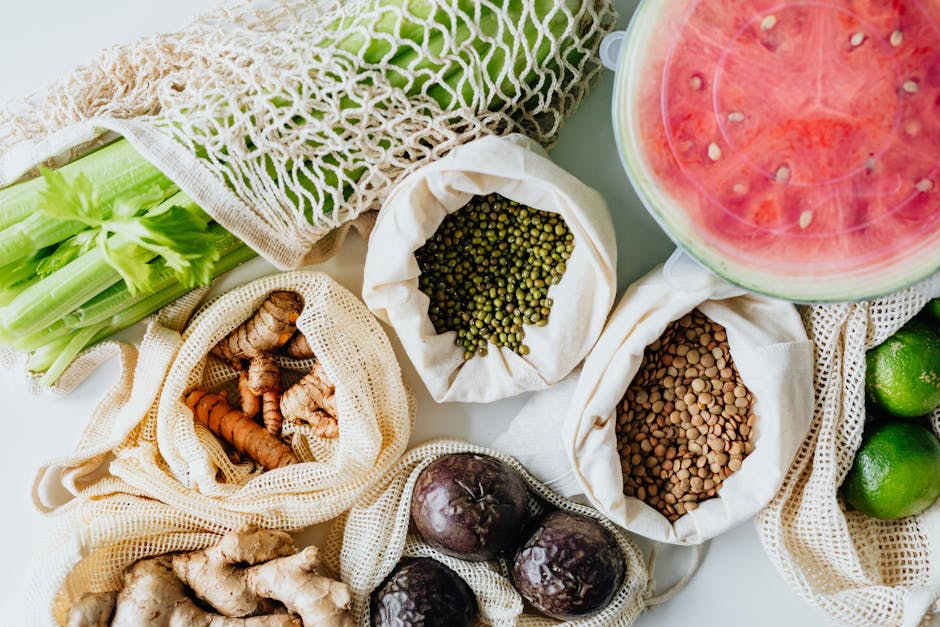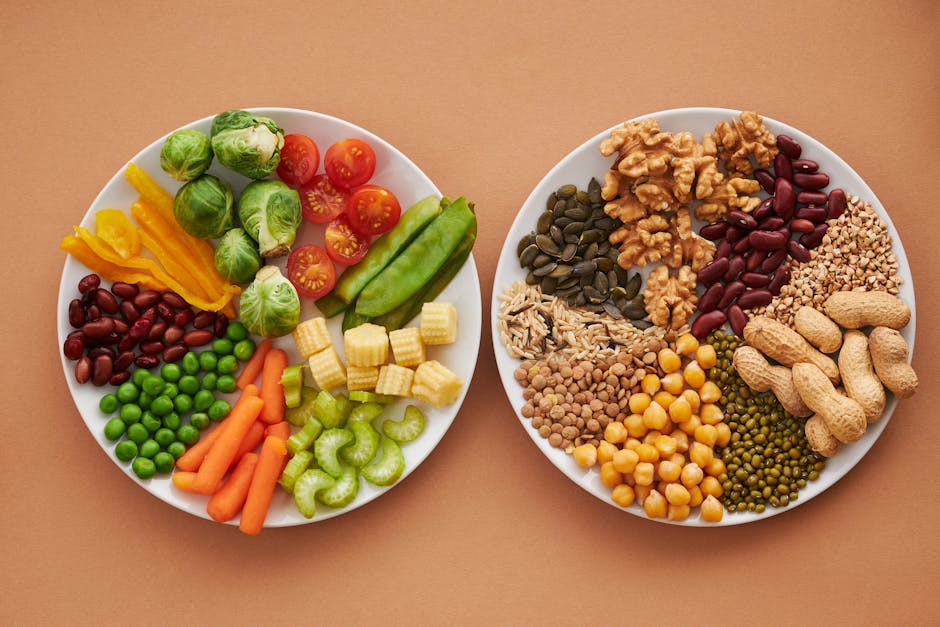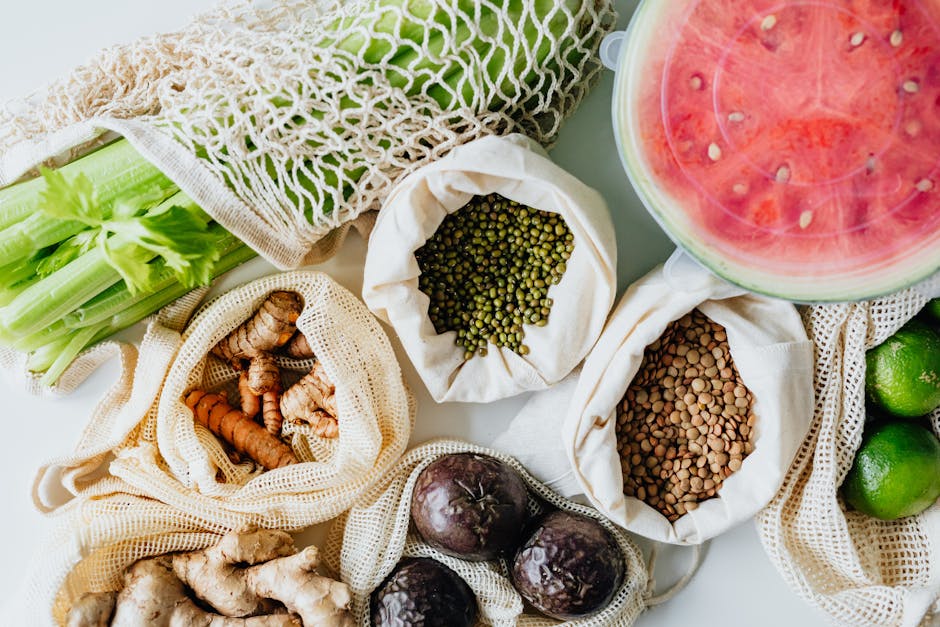Celery Seed Substitute: The Ultimate Guide to Finding the Perfect Replacement
Celery seed, with its distinctive pungent aroma and slightly bitter taste, plays a significant role in many cuisines and health remedies. From adding a savory depth to soups and stews to its purported diuretic and anti-inflammatory properties, its versatility is undeniable. But what happens when you find yourself without this culinary and medicinal gem? Fear not! This comprehensive guide will explore various celery seed substitutes, helping you achieve the desired flavor and functionality in your recipes and remedies.
Understanding the Unique Qualities of Celery Seed
Before delving into substitutes, it’s crucial to understand what makes celery seed unique. Its flavor profile is a complex blend of bitterness, earthiness, and a hint of sweetness. This complexity arises from its chemical composition, particularly the presence of phthalides, which contribute to its distinctive aroma and potential health benefits. These phthalides are also responsible for its relaxing and digestive properties.

Furthermore, celery seed’s texture, when ground, adds a subtle grit to dishes. This subtle textural contribution is often overlooked but adds depth to certain preparations. Therefore, a successful substitute needs to consider not only flavor but also the textural impact.
Best Celery Seed Substitutes for Cooking
The best celery seed substitute will depend on the specific application. Here’s a breakdown of excellent options, categorized by their effectiveness in various cooking scenarios:
For Savory Dishes:
- Celery Salt: This is the most straightforward substitute, offering a similar salty and celery-like flavor. However, it’s crucial to adjust salt levels accordingly in your recipe.
- Celery Powder: Another convenient option, celery powder offers a more concentrated celery flavor than the seed itself. Use sparingly and gradually increase the amount as needed to achieve the desired intensity.
- Dried Celery Flakes: These provide a more pronounced celery flavor than powder and offer a better textural substitute, mimicking the slight crunch of celery seeds. They work well in soups, stews, and dry rubs.
- Dried Parsley Flakes: While not an exact match, dried parsley offers a fresh, herbaceous note that complements many dishes where celery seed is used. It can soften the bitterness of other ingredients.
- A Combination of Herbs: For a more nuanced flavor profile, consider combining dried parsley, a pinch of dill, and a touch of savory. This blend offers a well-rounded herbaceous character that mirrors some aspects of celery seed’s complexity.
For Health Remedies and Supplements:
When using celery seed for its purported health benefits (such as reducing inflammation or aiding digestion), finding a direct substitute is more challenging. While some of the above culinary substitutes might offer a similar flavor profile, they may not replicate the specific chemical compounds responsible for celery seed’s medicinal effects.

If you’re using celery seed for its health properties, consulting with a healthcare professional or a qualified herbalist is essential. They can advise on appropriate and safe alternatives based on your individual needs and health conditions.
Factors to Consider When Choosing a Substitute
- Flavor Profile: Consider the intensity and specific notes you’re aiming for. Some substitutes are more bitter, others more subtly herbaceous.
- Texture: Ground celery seeds have a slight gritty texture. If this is crucial to your dish, choose a substitute that mirrors this textural element.
- Recipe Type: The best substitute will depend on the type of dish you’re preparing. Certain substitutes work better in soups, while others are ideal for dry rubs.
- Dietary Restrictions and Allergies: Always check the ingredients of any substitute to ensure it aligns with your dietary needs and avoids any potential allergens.
Exploring Less Common Alternatives
Beyond the widely available options, some less common but potentially suitable substitutes exist, depending on the specific context:

- Lovage: A stronger, more intense flavor than celery, lovage can be used sparingly to add an earthy, celery-like note. It is best used in smaller amounts to avoid overpowering the other flavors in a dish.
- Caraway Seeds: Offering a slightly more pungent and bitter flavor profile than celery seed, caraway seeds can add a savory complexity to some recipes. It complements meat dishes particularly well.
- Celery Stalks (Finely Chopped): In certain situations, particularly when making stocks or sauces where texture isn’t a major concern, finely chopped celery stalks can impart a subtle celery flavor.
Recipes Featuring Celery Seed Substitutes
To illustrate the practical application of these substitutes, let’s explore a couple of recipe adaptations:
Celery Seed Substitute in Chicken Soup:
Replace celery seeds with a combination of dried celery flakes and a small amount of celery salt. The flakes will contribute a similar flavor and texture, while the salt boosts the savory notes. Adjust the amount of salt used in the rest of the recipe to maintain a balanced flavor profile.
Celery Seed Substitute in a Dry Rub for Meat:
For a dry rub, a blend of dried parsley flakes, a pinch of onion powder, and a small amount of celery powder can effectively mimic the celery seed’s savory and slightly bitter contribution. Experiment with the ratios to achieve your preferred taste.
Conclusion
Finding the perfect celery seed substitute depends on the context. By understanding the unique qualities of celery seed and considering the factors outlined above, you can successfully find an effective replacement for your culinary creations and health regimens. Remember, experimenting with different combinations and proportions is key to finding the optimal substitute for your specific needs. Always remember to adjust seasonings accordingly, particularly salt, to achieve the best results.

